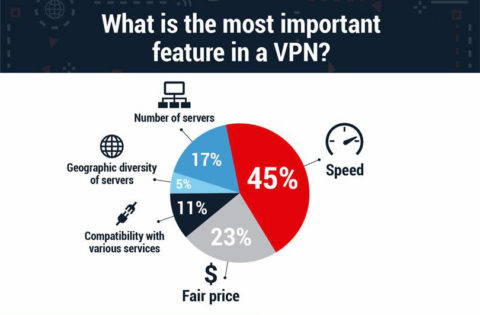Due to the CoronaVirus outbreak, many organizations switch from a traditional office setting to discovering a plan of how to provide secure remote access. As confirmed coronavirus cases increase across the globe, organizations are transferring employees work from home in an attempt to discourage the virus’s spread. From small businesses to tech giants like Amazon, Google, and Microsoft, companies are now requiring their staff to work remotely until April.
As the coronavirus spreads, the employees of many companies started to work from home. This put an unplanned strain on remote networking technologies and causing bandwidth and security concerns.
The rise in new remote users expected to come online as a result of the novel coronavirus calls for enhanced capability. Consider how this affects the creation of business applications.
Virtual private networks, also known as VPNs, provide people who work from home extra online protection from hackers. The software creates a secure connection with another network and then encrypts traffic between those two points.
Like many office workers required to stay at home because of the coronavirus pandemic, VPNs are in huge demand these days. But choosing the right one can be difficult.
Experts say the choice of a VPN should be based on when, why, and where it will be used.
Types of Business VPN Services
In general, there are three types of VPNs that most businesses will consider, and in many cases, they might choose more than one of these. The first is the fixed VPN that’s usually provided by a network provider or perhaps an internet service provider. You would use these to connect a branch office to your main office so that the branch office would be part of your corporate network. Fixed VPNs can be very useful and a lot of companies have them, but they’re not particularly flexible.
The second type of VPN requires that you use a specialized server or a router with a VPN server feature built-in. These are managed by your IT department and many large companies use this approach, connecting to their network with a VPN client.
Then there’s the third option: the VPN service. VPN services are cloud-based; they provide a secure tunnel through the internet between your device and their server; they effectively replace your internet service provider. This type of VPN has the advantage of being cheap, easy to use, and effective, but they’re not always designed for business use.
Things to consider when selecting a VPN for your business:
- Logging. Some businesses require that VPN logging take place and that it can be verified. Others want to avoid logging because it might be too easy for e-discovery processes or for some governments to intrude on your operations.
- Central Management. This includes key management, in a way that fits your business.
- Activity Management. Do you want to control where your employees go so that they can’t use the VPN for social media or any other websites? Do you want to be alerted if employees try to reach sketchy websites or websites containing malware? Activity management can control the web activities of employees using your VPN much like parental controls.
Using ready VPN solutions there is some risk for your companies data:
- your VPN provider has full access to your internet traffic, anyway.
- the encrypted tunnel only lasts between your computer and the VPN server. Therefore, your VPN provider can see everything that enters and leaves that tunnel at its end.
- it’s essential to use a provider that you trust not to keep any logs of your activity.
If you don’t have time to search through the hundreds of available VPNs and make tests of the “best ones”. What to do in this case? You may want to have your VPN app. You can order the development of a VPN application that will meet all your personal needs and make sure that gateway is a feasible distance not just from stored your company’s data, but from where key services are being hosted, compatible with most devices, etc.




